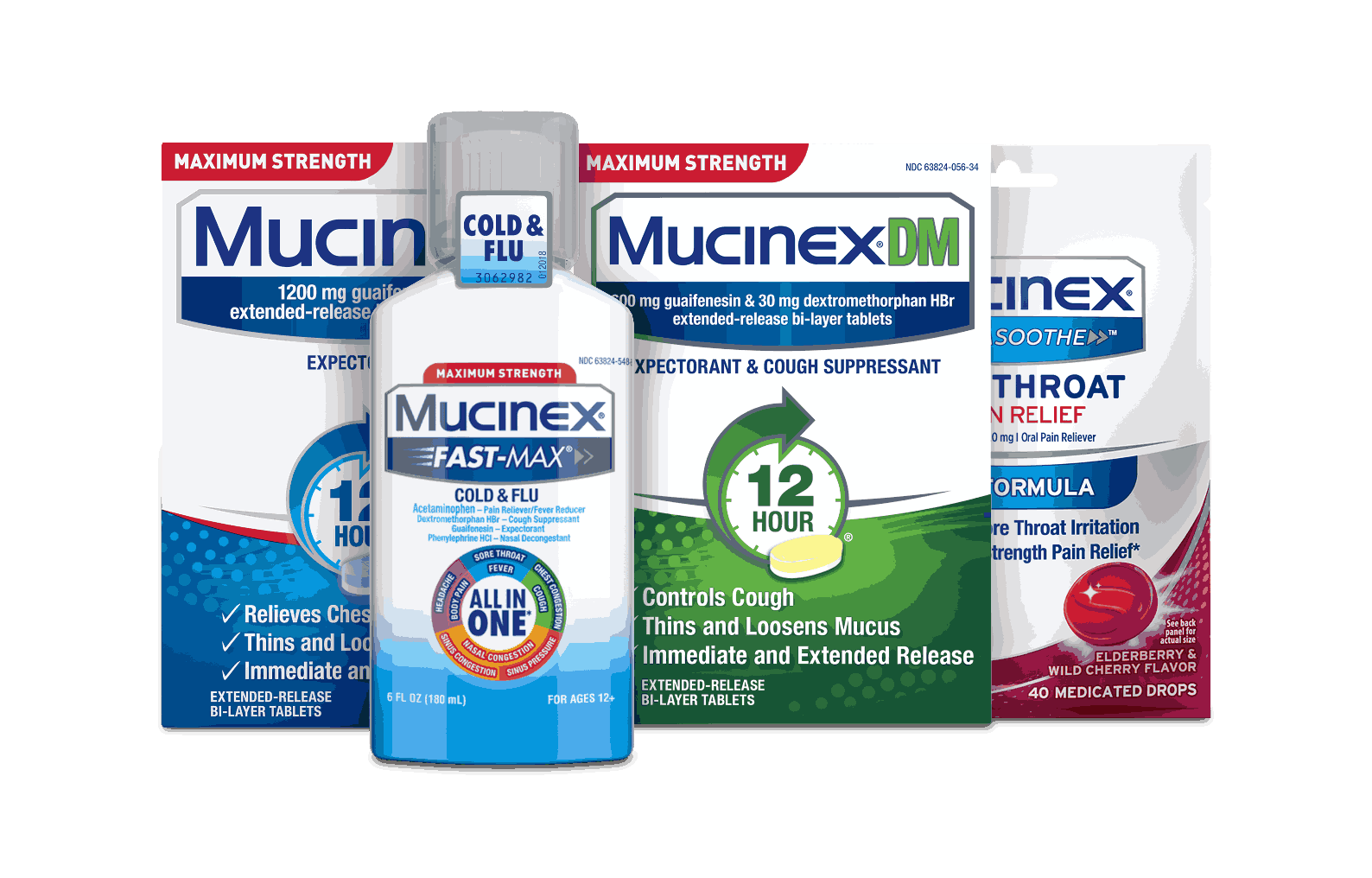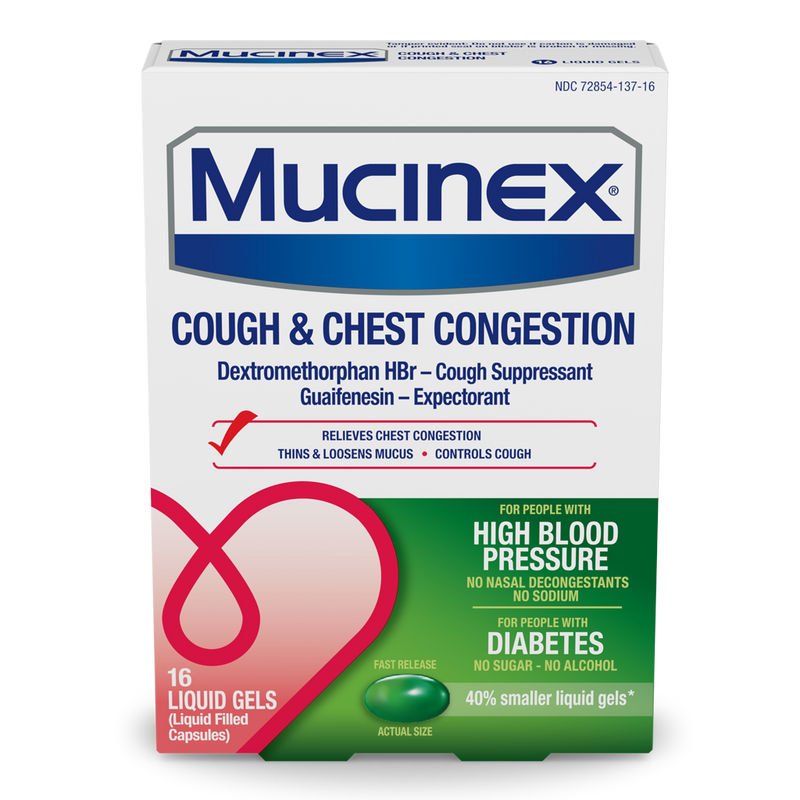Can You Combine Mucinex and Antibiotics? Doctors Explain
Are you feeling under the weather? Congestion and a cough can be incredibly frustrating, and it’s natural to seek relief quickly. Perhaps you’ve been prescribed antibiotics for a bacterial infection and are also battling a thick chest cough. You might be wondering: Can you take Mucinex (guaifenesin) while on antibiotics? This article delves into the complexities of combining these medications, offering clear, medically sound information based on what doctors typically advise. We’ll explore the potential interactions, benefits, and risks to help you make informed decisions about your health.
Understanding Mucinex and Antibiotics: What Are They For?
Before exploring the combination, let’s clarify what each medication does:
- Mucinex (Guaifenesin): This over-the-counter medication is an expectorant. It works by thinning and loosening mucus in the airways, making it easier to cough up. This can alleviate chest congestion and reduce the frequency of coughing.
- Antibiotics: Antibiotics are prescription medications used to treat bacterial infections. They work by killing or stopping the growth of bacteria. They are ineffective against viral infections like the common cold or the flu.
Can You Take Mucinex and Antibiotics Together? Potential Interactions and Considerations
Generally, there are no direct, clinically significant interactions between Mucinex (guaifenesin) and most commonly prescribed antibiotics. This means that taking them together likely won’t cause one medication to become less effective or lead to dangerous side effects beyond those already associated with each drug.
However, several factors should be considered:
- Consult Your Doctor: Always inform your doctor about all medications you are taking, including over-the-counter drugs like Mucinex. This is crucial, especially if you have underlying health conditions or are taking other medications. Your doctor can assess your individual situation and provide personalized advice.
- Side Effects: Both Mucinex and antibiotics can cause side effects. Mucinex can cause nausea, vomiting, headache, or dizziness. Antibiotics can cause diarrhea, nausea, vomiting, and allergic reactions. Taking both medications simultaneously might increase the likelihood or severity of these side effects.
- The Underlying Condition: Consider what is causing your symptoms. Antibiotics treat bacterial infections. If your cough and congestion are due to a viral infection (like a cold or the flu), antibiotics won’t help, and taking Mucinex might be the only medication you need. If you have a bacterial infection causing congestion, Mucinex can help with the symptoms while antibiotics fight the infection.
- Hydration is Key: Regardless of whether you’re taking Mucinex or antibiotics, staying hydrated is crucial. Drinking plenty of fluids (water, clear broths, etc.) helps thin mucus and supports overall recovery.
The Potential Benefits of Combining Mucinex and Antibiotics (When Appropriate)
In cases where antibiotics are prescribed for a bacterial respiratory infection that also involves significant congestion, combining Mucinex can offer symptomatic relief while the antibiotic works to eliminate the infection:
- Symptom Management: Mucinex can help ease the discomfort of chest congestion and cough, making it easier to breathe and potentially improving sleep.
- Faster Recovery (Potentially): By helping to clear mucus, Mucinex might, in some cases, contribute to a slightly faster recovery, although more research is needed to confirm this.
- Improved Comfort: By alleviating symptoms, Mucinex can make the period of illness more bearable.
Important Cautions and When to Avoid Combining
While generally safe, there are situations where caution is warranted:
- Allergic Reactions: If you experience any signs of an allergic reaction (rash, hives, difficulty breathing, swelling of the face, lips, or tongue) after taking either medication, seek immediate medical attention.
- Underlying Medical Conditions: People with certain medical conditions, such as asthma or chronic bronchitis, should consult their doctor before taking Mucinex.
- Pregnancy and Breastfeeding: Always inform your doctor if you are pregnant, planning to become pregnant, or breastfeeding. The safety of Mucinex during pregnancy and breastfeeding should be discussed with your healthcare provider.
- Self-Treatment: Do not self-diagnose or self-treat. Always consult a doctor to determine if antibiotics are necessary and to rule out any underlying conditions.
Frequently Asked Questions (FAQs)
Here are some common questions regarding combining Mucinex and antibiotics:
1. Is it okay to take Mucinex with any antibiotic?
Generally, yes. However, it’s crucial to inform your doctor about all medications, including antibiotics. They can advise based on your individual needs and the specific antibiotic you are taking.
2. Can I take Mucinex with a Z-Pak (azithromycin)?
Yes, it is generally safe to take Mucinex with a Z-Pak (azithromycin). However, always follow your doctor’s recommendations.
3. Does Mucinex make antibiotics work faster?
Mucinex primarily addresses symptoms. It helps thin mucus, making it easier to cough up. While it might offer symptom relief, it doesn’t directly affect how quickly the antibiotic works to treat the underlying bacterial infection.
4. What should I do if I experience side effects from taking Mucinex and antibiotics together?
If you experience any concerning side effects, such as severe nausea, vomiting, diarrhea, or any signs of an allergic reaction, stop taking the medications and contact your doctor immediately.
5. Can I use Mucinex for a cough caused by a viral infection?
Yes, Mucinex can be used for a cough caused by a viral infection to help relieve congestion. However, antibiotics will not help with a viral infection.
Conclusion: A Balanced Approach to Treatment
In conclusion, combining Mucinex and antibiotics is generally considered safe, but it’s crucial to prioritize your health and take a thoughtful approach. Always communicate with your doctor about all medications you are taking, including over-the-counter drugs. This allows your healthcare provider to provide personalized guidance based on your specific condition, health history, and the specific antibiotics prescribed. Remember that Mucinex can offer symptomatic relief, while antibiotics target bacterial infections. By working collaboratively with your doctor, you can make informed decisions and promote a safe and effective recovery.




